Newfoundland: Where is it headed
Newfoundland and Labrador: Examining Secession Sentiments
Demographics and Geography
Newfoundland and Labrador has a population of approximately 521,000 people (as of 2023), making it one of Canada's least populous provinces. The three largest cities and their populations are:
-
St. John's: 114,000 (metropolitan area: 205,000)
-
Conception Bay South: 27,000
-
Mount Pearl: 23,000
Economic Profile
The province's economy has traditionally been resource-based, heavily dependent on:
-
Offshore oil and gas (accounting for approximately 25% of provincial GDP)
-
Fishing and seafood processing
-
Mining (particularly iron ore)
-
Tourism
In terms of income comparison, Newfoundland and Labrador's median household income is approximately $77,000, compared to Ontario's $85,000. While this gap has narrowed in recent decades due to the oil boom, the province still faces higher unemployment rates (averaging 13-15% compared to Ontario's 5-7%).
Major Challenges
Newfoundland and Labrador faces several significant challenges:
-
Demographic crisis: The province has Canada's most rapidly aging population and lowest birth rate, with outmigration of young workers compounding the problem.
-
Fiscal instability: The province carries one of the highest per-capita debt loads in Canada, with the Muskrat Falls hydroelectric project adding billions in cost overruns.
-
Geographic isolation: As an island with challenging climate conditions, transportation costs and infrastructure maintenance create significant economic barriers.
-
Economic vulnerability: Heavy dependence on natural resources, particularly oil and gas, makes the provincial economy vulnerable to global price fluctuations.
The Secession Conversation
Unlike Quebec, Newfoundland and Labrador doesn't have a significant organized secession movement. However, sentiments about unfair treatment within confederation periodically emerge, particularly during economic downturns.
Political Voices
Most mainstream provincial politicians stop short of advocating secession, instead focusing on demands for better terms within confederation:
-
Premier Andrew Furey has emphasized "fair treatment" from Ottawa but explicitly rejects separatist rhetoric, focusing instead on collaborative approaches to address fiscal challenges.
-
Former Premier Brian Peckford has occasionally criticized the Atlantic Accord and federal fisheries management, suggesting Newfoundland should have more control over its resources, though stopping short of advocating secession.
-
Federal MPs from the province, regardless of party affiliation, typically advocate for better terms rather than separation.
Unlike in Quebec or Alberta, there is no prominent political party or leader actively championing separation.
Public Grievances with Ottawa
The primary complaints from Newfoundlanders regarding federal treatment include:
-
Resource control: Historical grievances over the Churchill Falls hydroelectric deal with Quebec and ongoing tensions about federal management of offshore resources and fisheries.
-
Equalization formula: Despite contributing significantly to Canada's resource economy, the province has received what many feel is inadequate support through the equalization payment system during economic downturns.
-
Historical memory: Newfoundland only joined Canada in 1949 after a contentious referendum, and some older residents maintain that the process was flawed. The pre-confederation self-governance period remains an important part of provincial identity.
-
Cultural marginalization: A sense that Newfoundland's unique culture, history, and economic concerns are poorly understood or dismissed by central Canadian political powers.
-
Infrastructure investment: Concerns that federal infrastructure spending hasn't adequately addressed the province's unique challenges with transportation and connectivity.
Public Opinion
Polling on secession sentiment in Newfoundland and Labrador shows:
-
Approximately 12% of residents express support for independence in recent surveys
-
Support rises during economic downturns and disputes with Ottawa
-
Younger residents generally show less interest in separation than older generations
Unlike Quebec or even Alberta, where independence movements have organized political entities, Newfoundland's secession sentiment remains largely informal and episodic, emerging primarily during specific disputes with Ottawa rather than as a sustained political movement.
Conclusion
While Newfoundland and Labrador faces significant economic and demographic challenges, and historic grievances with the federal government periodically resurface, there is no substantial organized movement for secession. The province's political discourse focuses primarily on achieving better terms within confederation rather than separating from it. The province's challenges - demographic decline, resource dependency, and fiscal pressures - would likely be exacerbated rather than resolved by independence, a reality recognized by most provincial political figures and residents.
Author: Mark Bajanen with the assistance of Type.AI for details
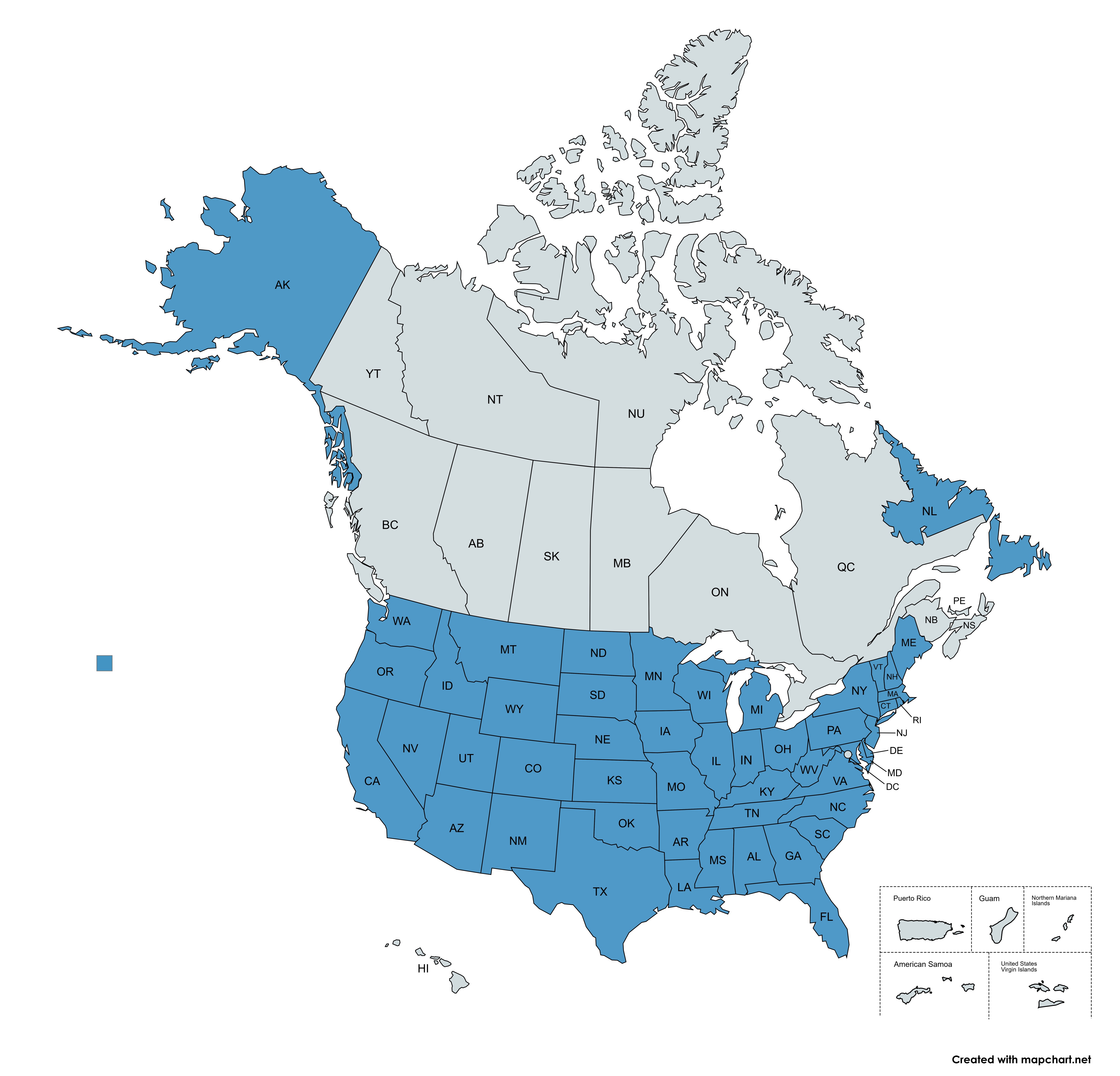

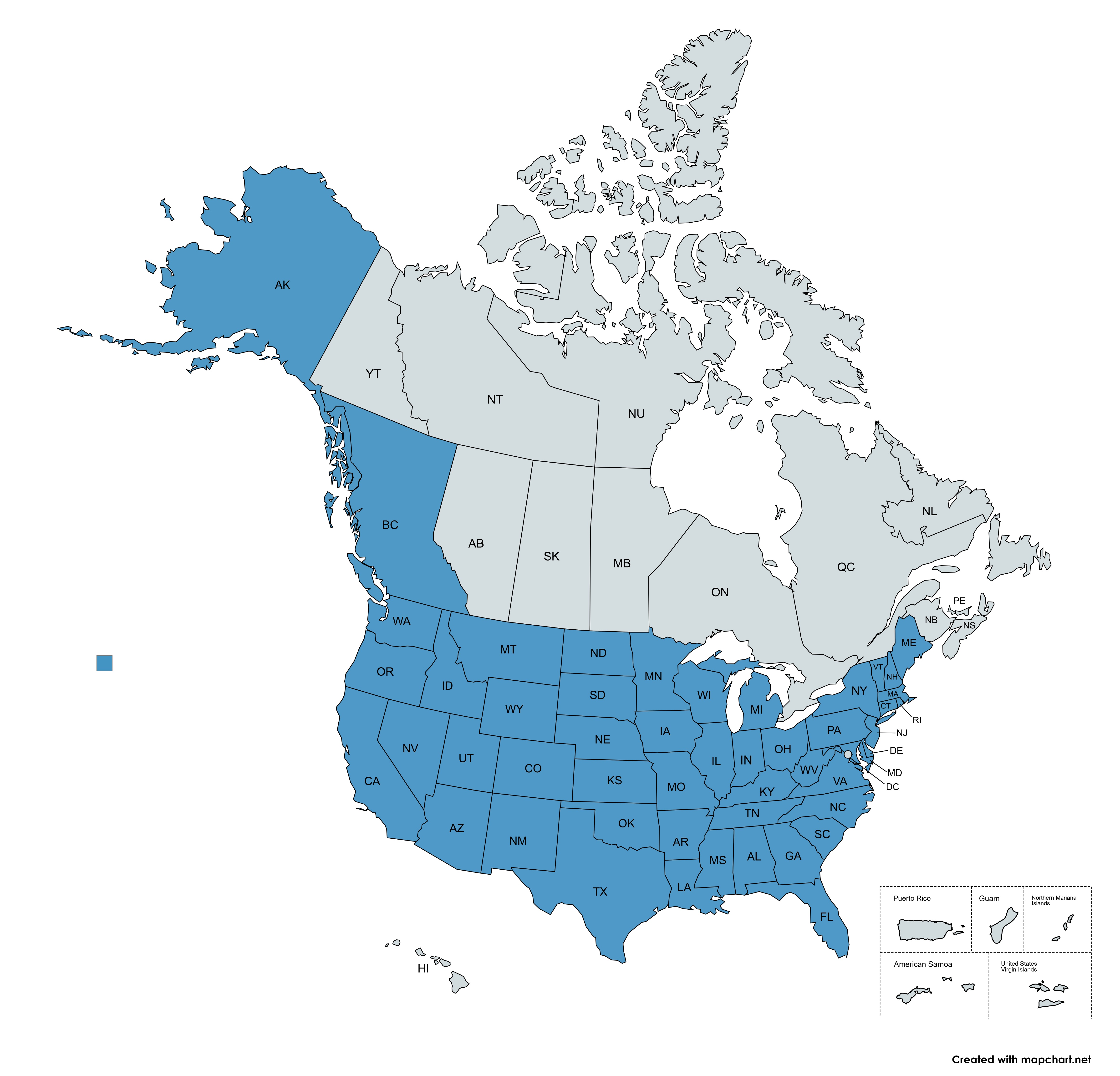
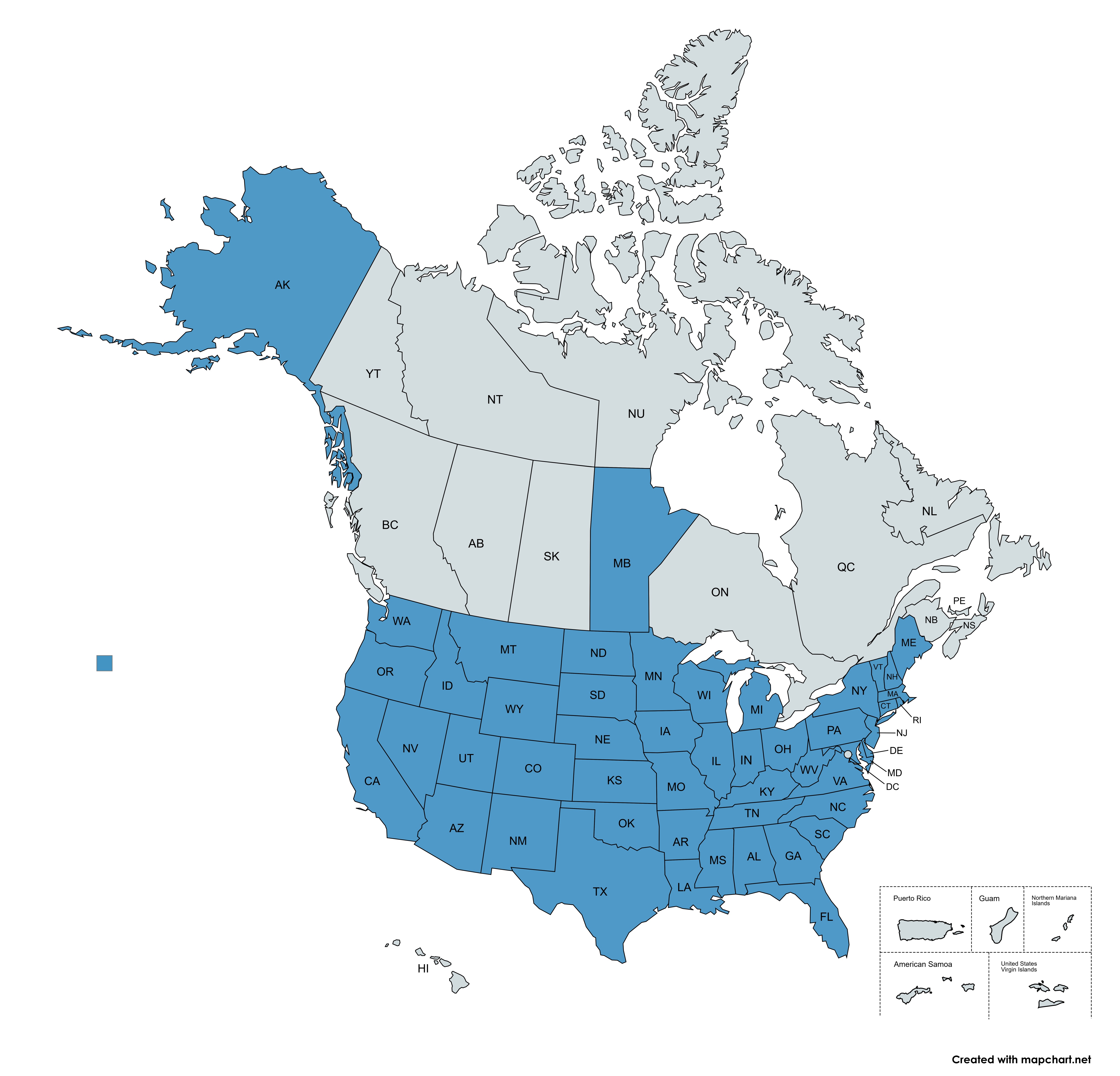
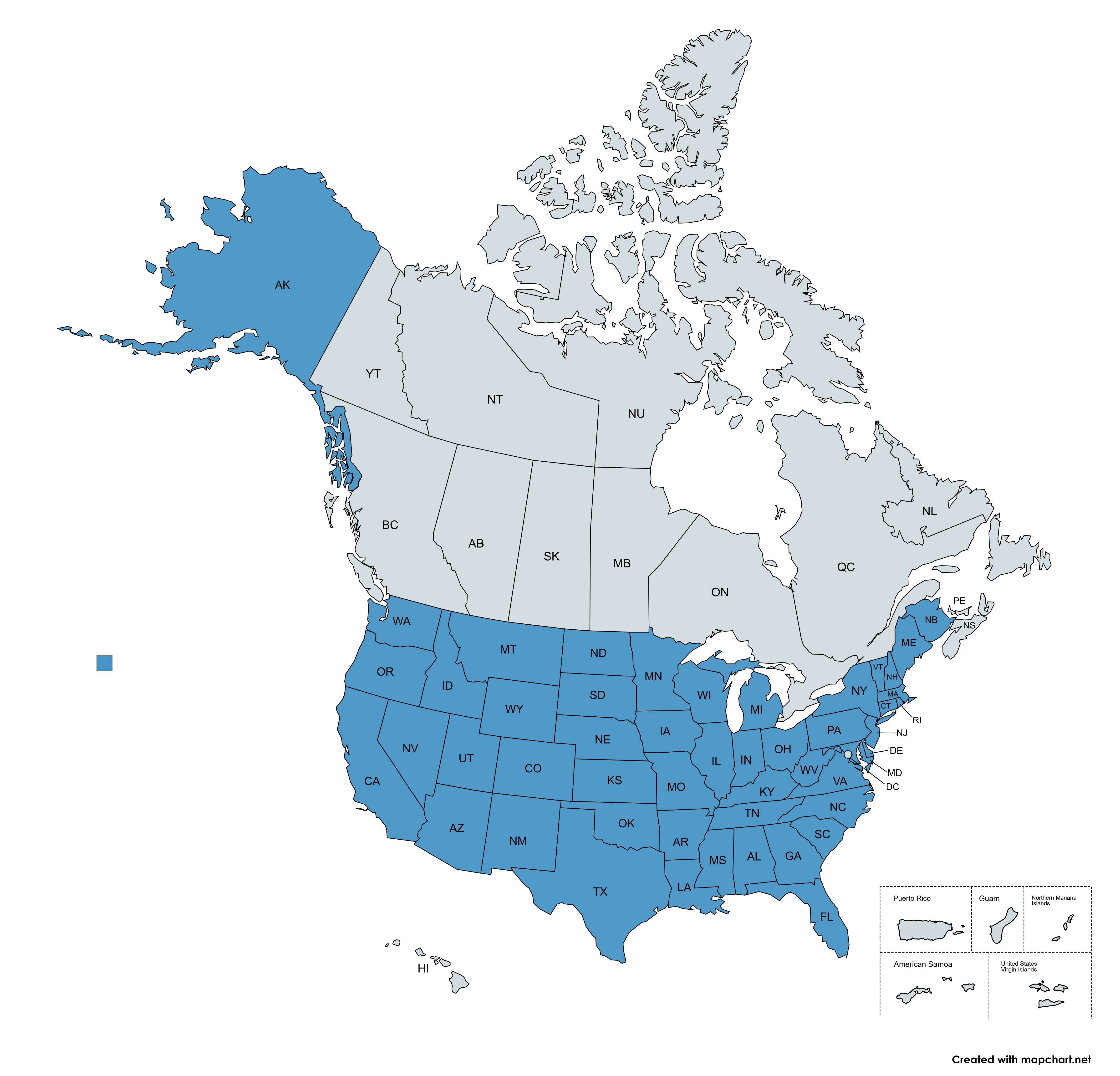
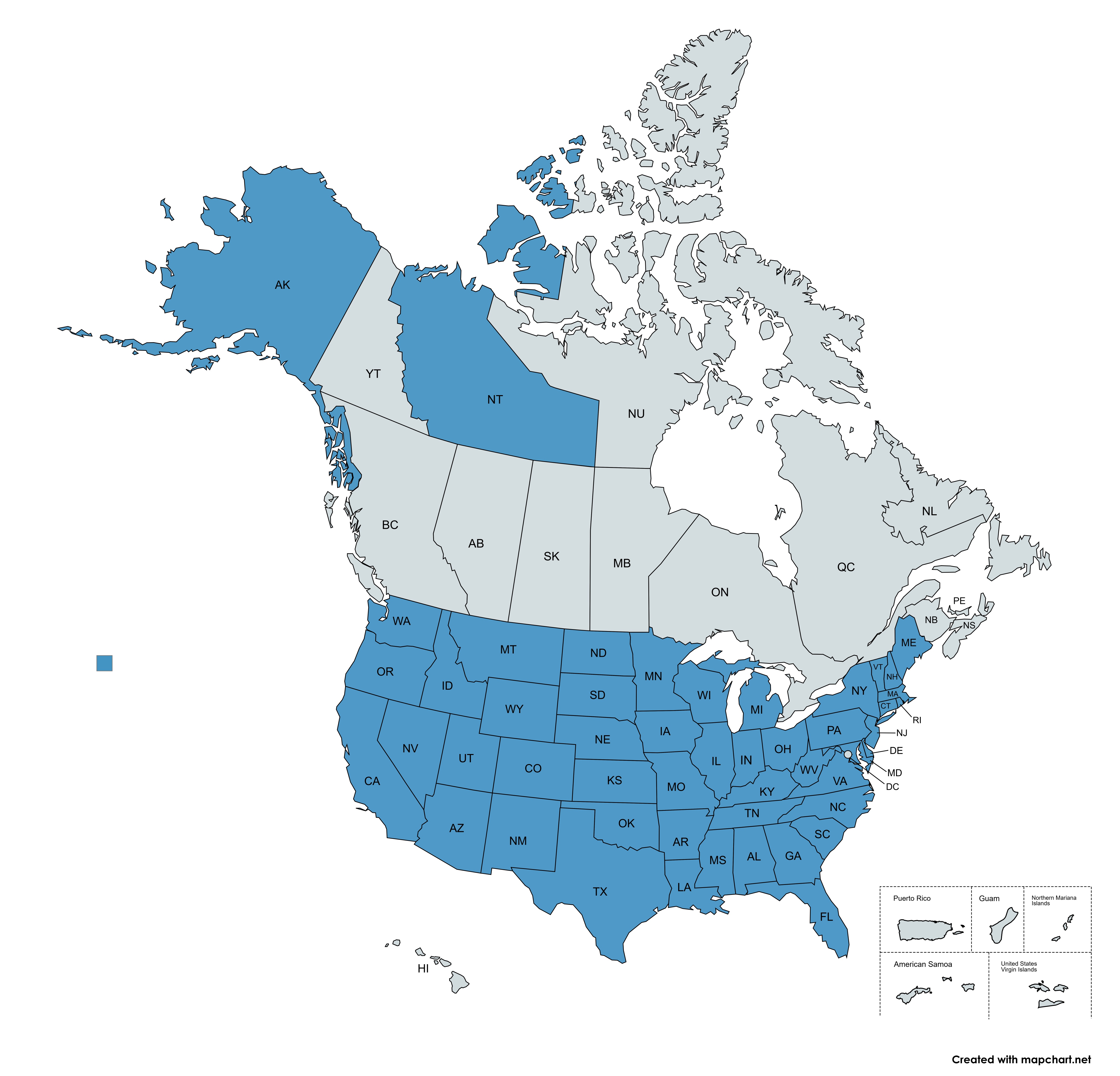
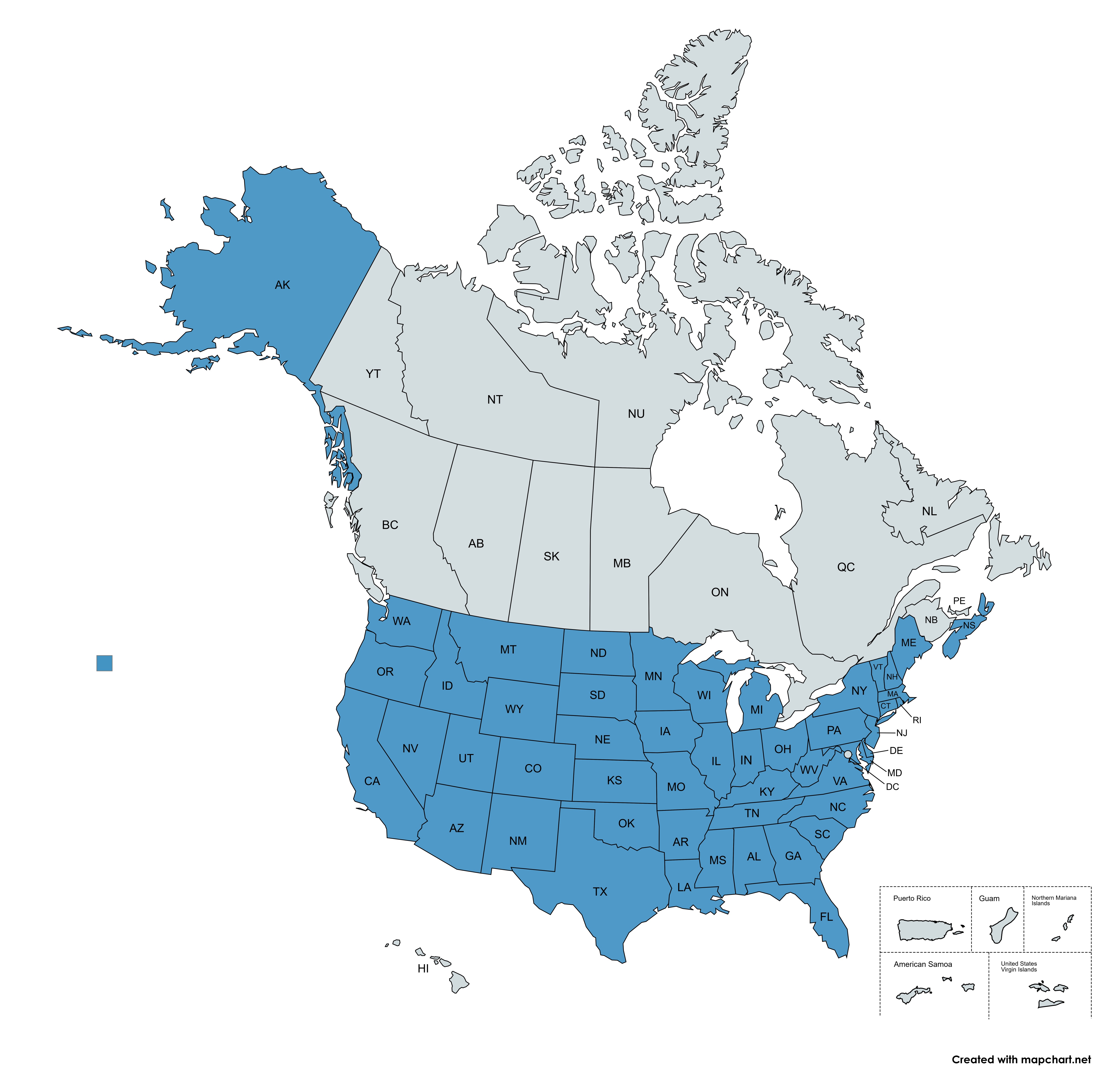
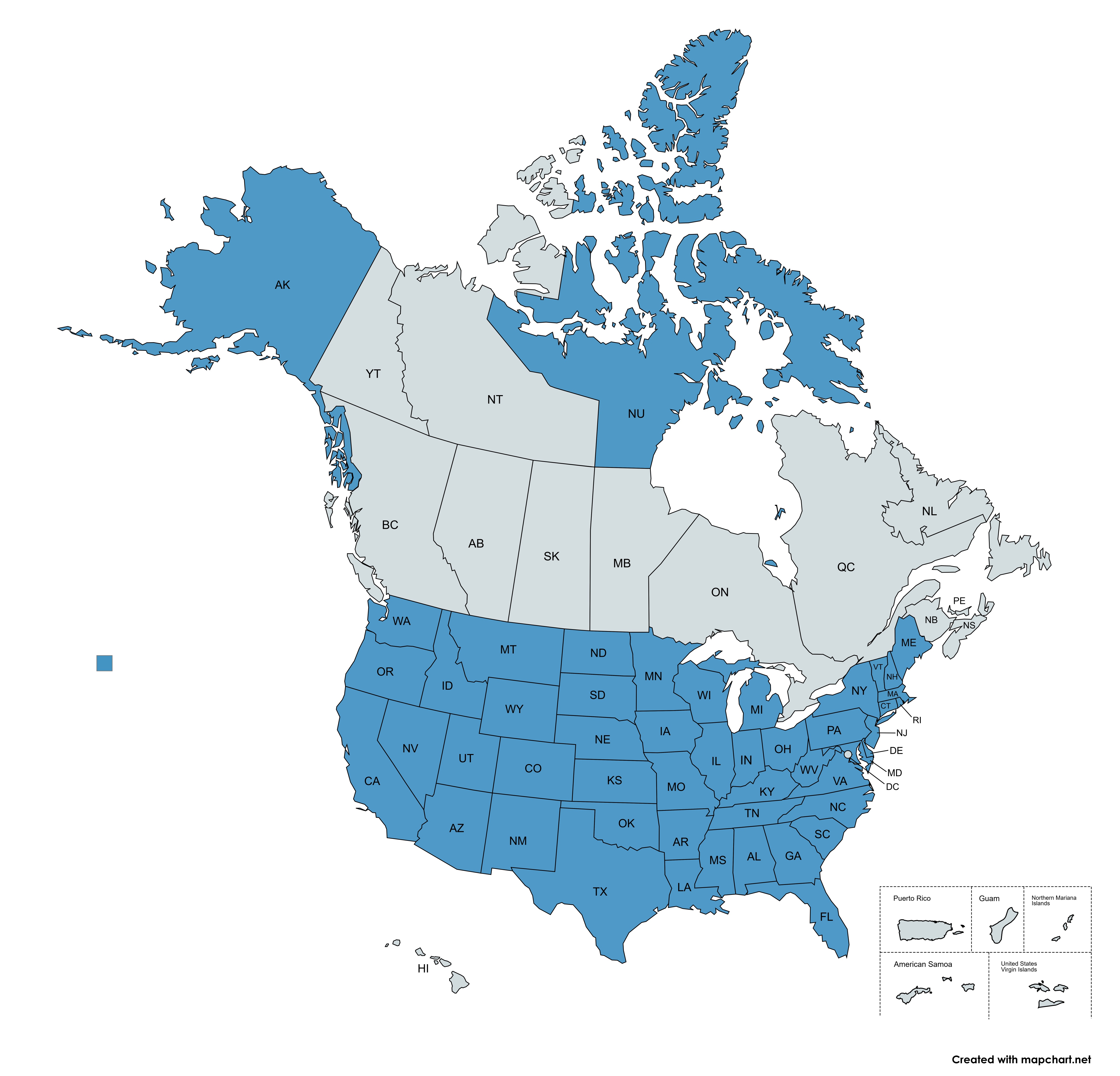

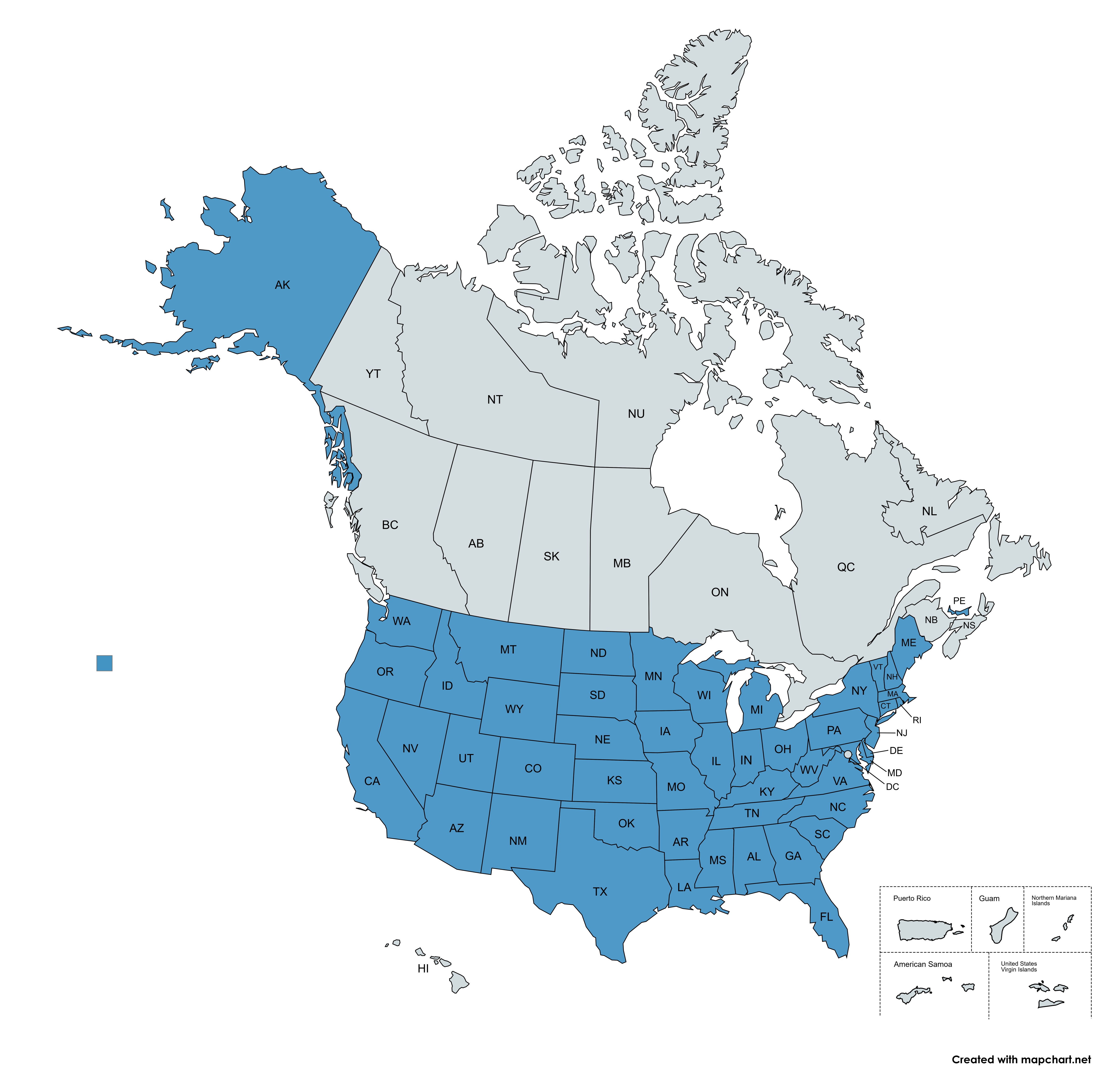

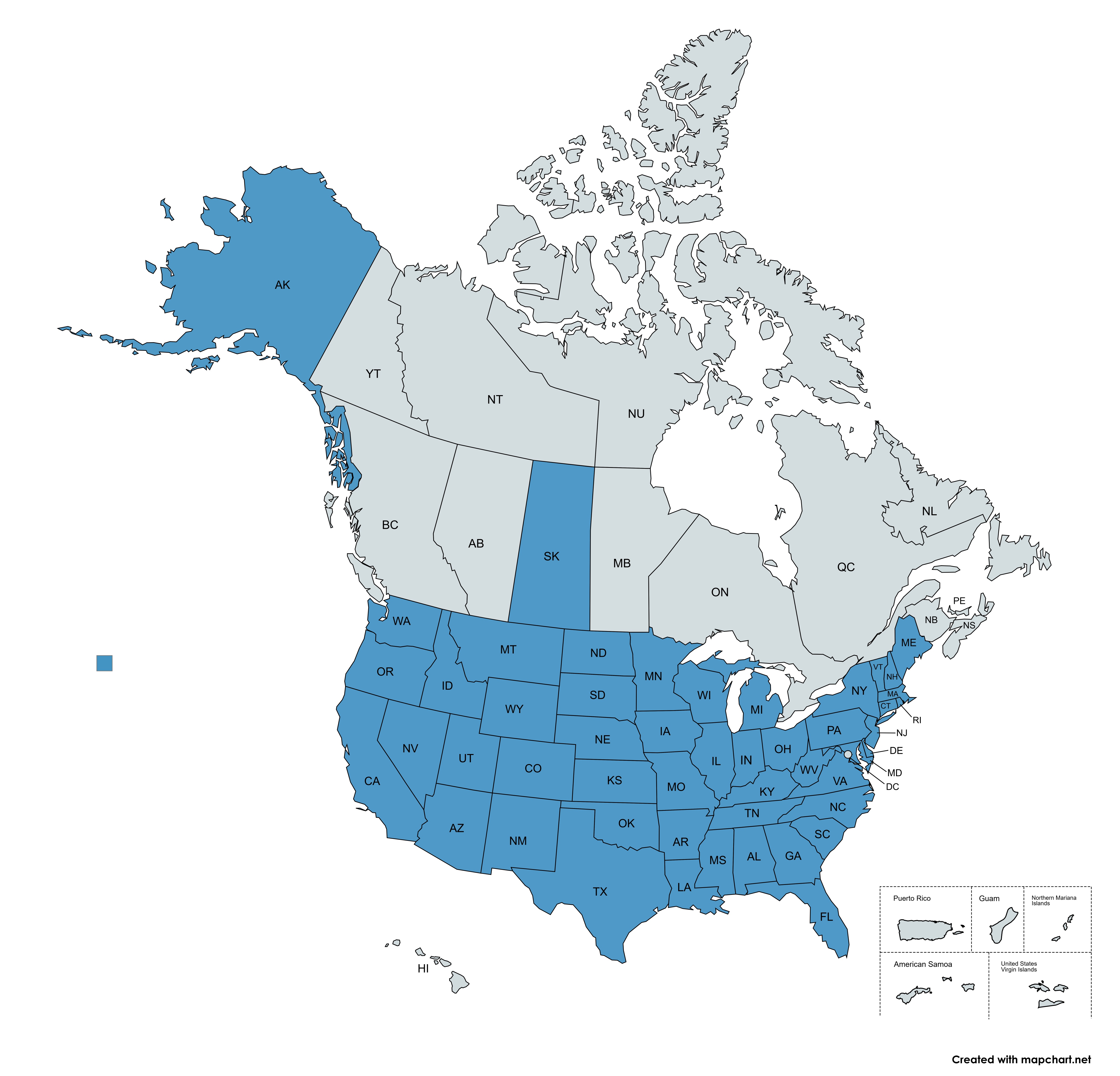
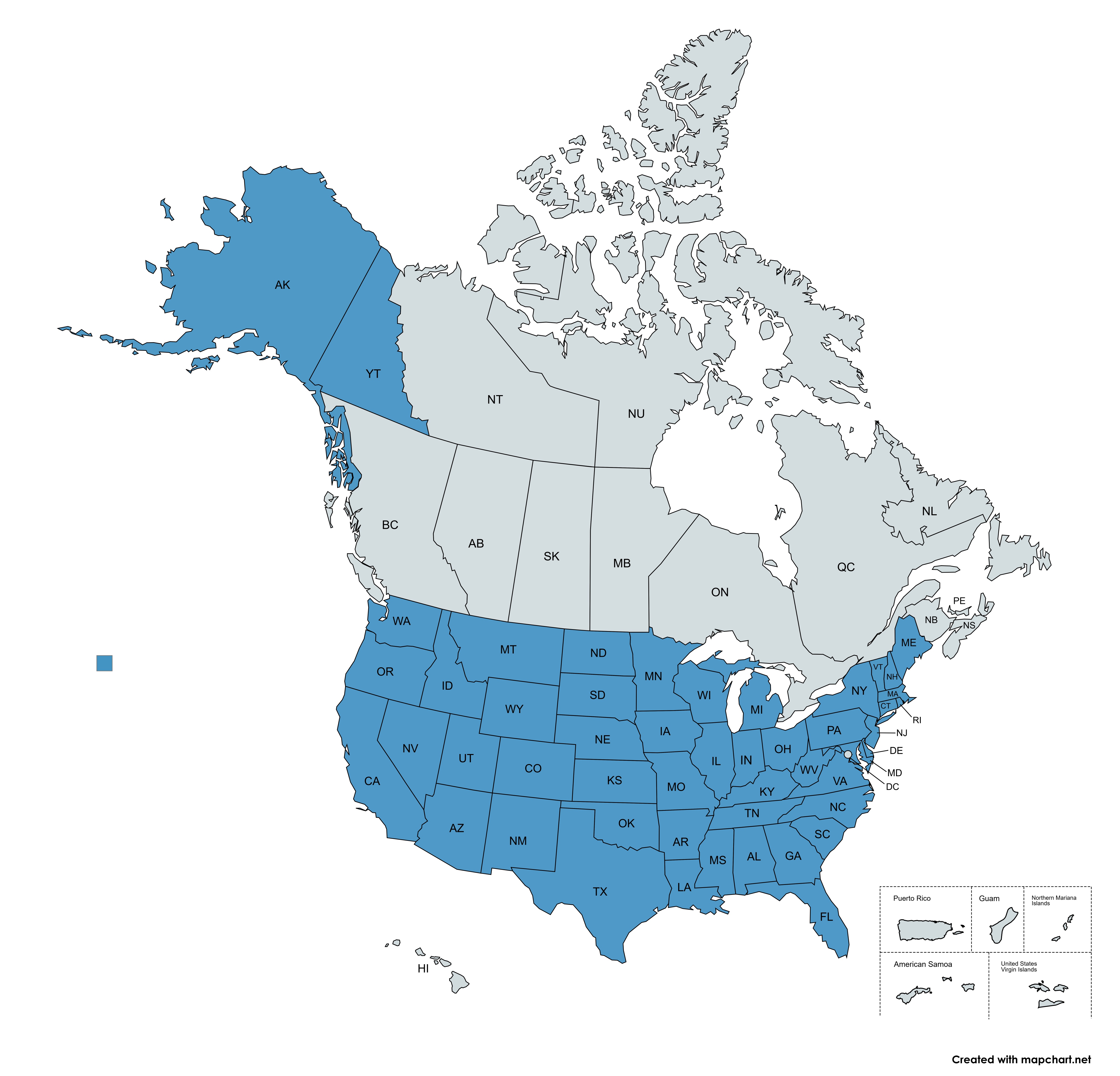
Comments
No comments yet. Be the first to comment!